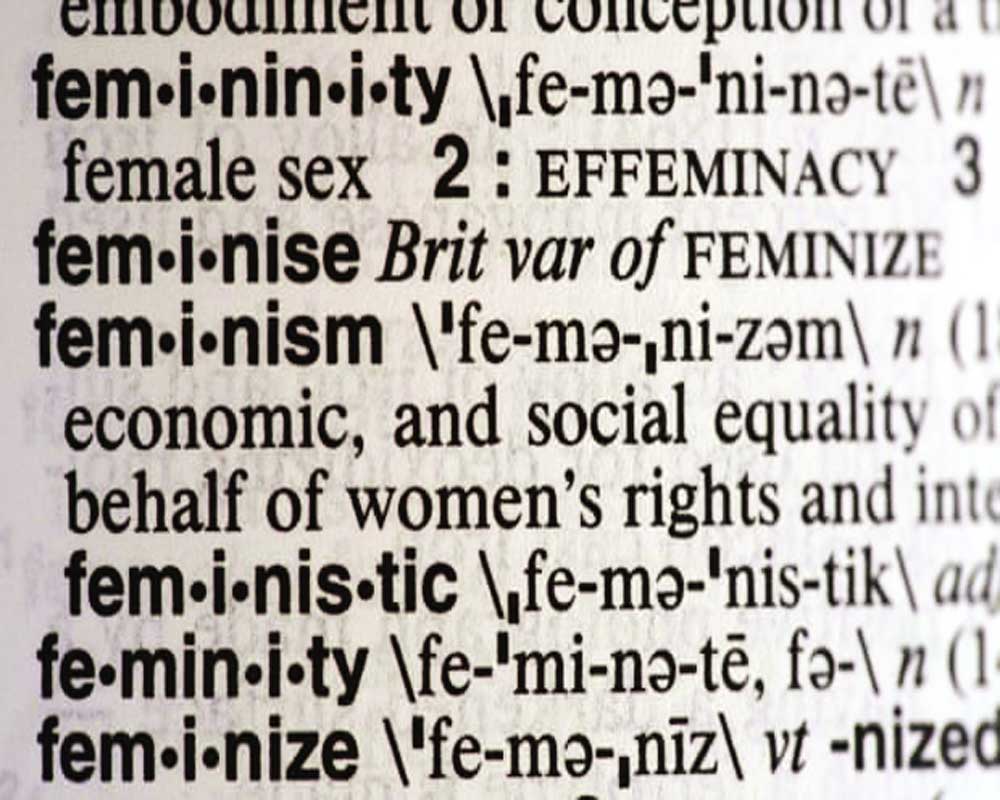An online campaign on sexist interpretations in the Oxford dictionary is resetting conversations
The Oxford Dictionary is considered no less a Bible when it comes to semantics. Such is its credibility that seldom does one question whether its makers need to question internal wisdom rather than deciding what a word should mean to the world. Clearly it’s time for some soul-searching as its editors have managed to offend, enrage and alienate women around the world through their insensitivity and failure to keep up with the times. An online petition is gathering steam to redefine the word “woman” which the dictionary still considers synonymous with “bitch, besom, piece, bit, mare, filly” and so on. As if this was not enough, the sentences that explain the usage of the word or their application add insult to injury as they objectify and portray women as subordinate to men. “Ms September will embody the professional, intelligent yet sexy career woman” and “I told you to be home when I get home, little woman,” are some of the offensive examples given, clearly out of sync with not just gender sensitivities but also the fluidities of modern contexts. This stands out all the more because the Oxford Dictionary is very quick to absorb contemporary idioms and even legitimise a lot of fusion words as part of the mainstream English lexicon.
Signatories of the petition, that was started by UK-based women’s rights activist Maria Beatrice Giovanardi in July, are calling on editors to “eliminate all phrases and definitions that discriminate against and patronise women and/or connote men’s ownership of women.” This is not the first time that the compilers of the dictionary have given a misogynistic explanation to a word. Check out “rabid” and up pops “feminist” next to it, search for “nagging” and it is followed by “wife.” This should encourage a larger conversation on whether the English language is sexist and needs to modify itself, considering it is a common thread of communication across the world and, therefore, needs to be politically correct. Have we ever wondered why words like “mistress” and “madam”, that actually meant women of authority, have over the decades, undergone degeneration? Pejoration of words related to women is a sad reflection on the way society views their place in it. In a rather weak response, Oxford has said that the content referred to in the petition by Giovanardi is not from the scholarly Oxford English Dictionary, but from the Oxford Thesaurus of English and the Oxford Dictionary of English, which are drawn from “real-life use” of language. However, other popular online dictionaries like Cambridge and Merriam-Webster, which also give examples of “real-life” use of the word, are more respectful and gender sensitive. While Cambridge describes “woman” simply as an “adult female human being,” Merriam-Webster adds the words “female” and “lady” to the same description given by Cambridge. Given that Merriam-Webster even released an additional dictionary definition of the word “they” to refer “to a single person whose gender identity is non-binary,” isn’t it time that the world’s most trusted lexicon changes the way it refers to women?


























